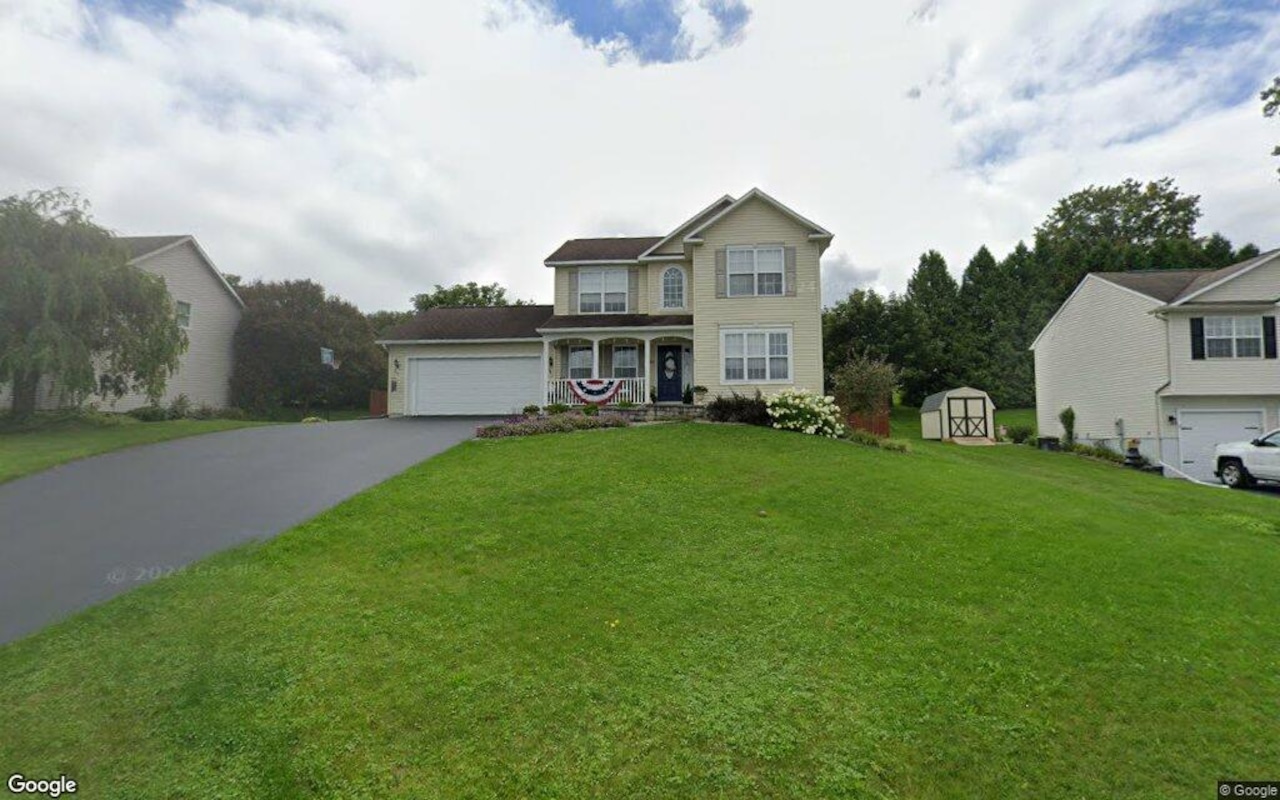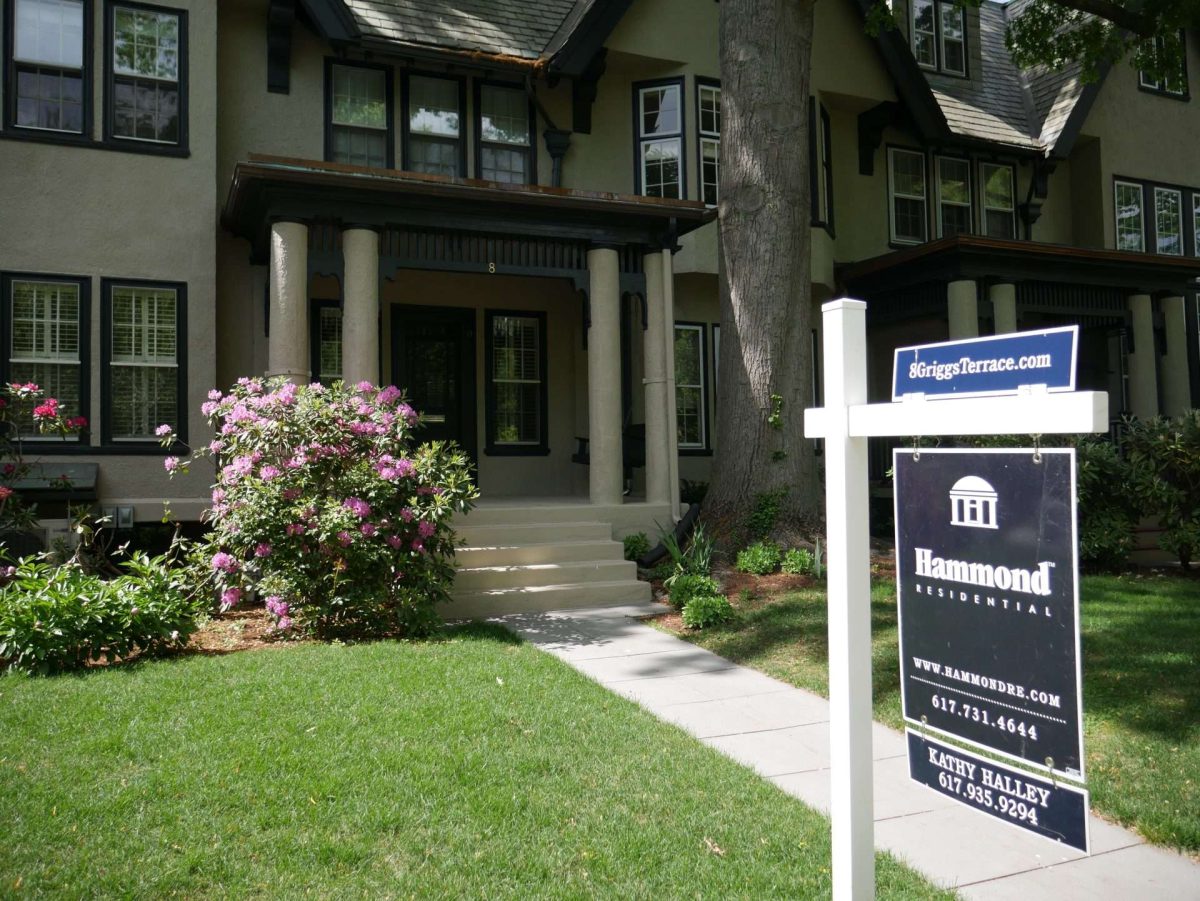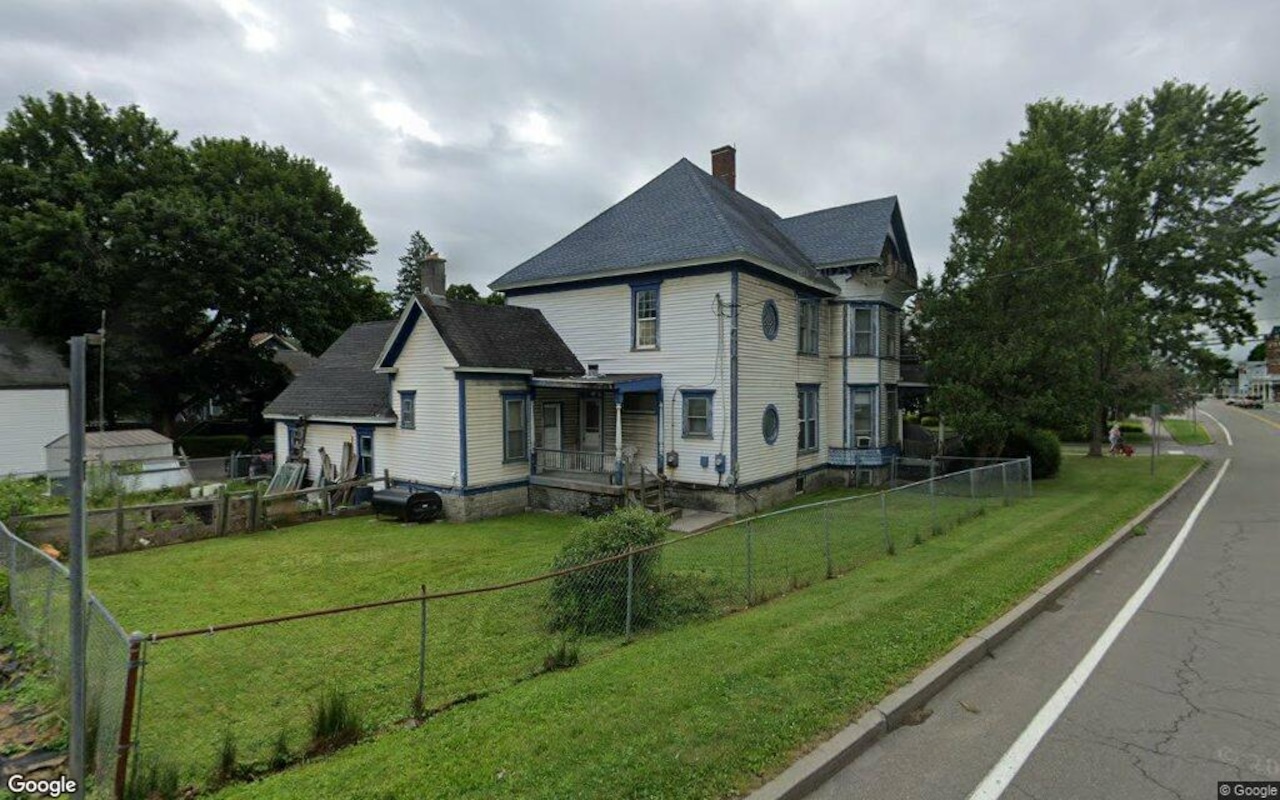C
ampari Group and R2 have secured a crucial vote for taxpayer funding in their bid to transform a historic Loop office building into apartments. The Chicago Finance Committee has approved $28 million in public funding for the developers to partially convert the 14-story building at 79 West Monroe Street into 117 apartments. This unanimous approval sets the stage for a final City Council vote, expected as early as next week.
The project is part of a larger city initiative aimed at revitalizing the Loop by repurposing underutilized office spaces. The city has committed $163 million in tax-increment financing funds to support this effort. Campari Group will contribute $28.3 million in equity and benefit from $7.8 million in historic tax credit financing.
The renovation would deliver 117 apartments, with 41 designated as affordable for those earning an average of 60 percent of the area's median income. The developers must maintain affordability for 30 years as part of the TIF-funded support. Alderman Bill Conway praised the project for its potential to transform downtown Chicago, while Alderman Daniel La Spata raised concerns about the unit mix.
Construction is expected to begin early next year, with completion targeted for the first quarter of 2026. The $64 million project would be the first of at least four developments to benefit from the city's tax-increment financing funds.















